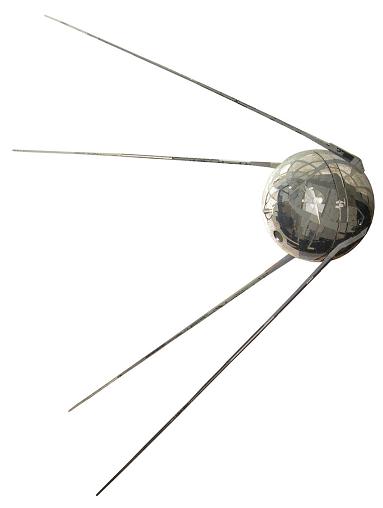|
 "Experience
is a hard teacher because she gives the test first, the lesson afterward." -- Vernon Law "Experience
is a hard teacher because she gives the test first, the lesson afterward." -- Vernon Law
Single table satellites are a form of poker unlike any other. The genesis of the satellite concept originated over twenty years ago
during the run-up to the World Series of Poker. Instead of just plopping down $10,000 (or whatever) to enter an event, ten players put
up 1/10th of that amount (plus a little for the casino), with the winner winning entry into the larger event. Satellites led to the
first great growth spurt in tournament poker.
These days one table satellites have been joined by two relatives. The first relatives are super satellites where many tables of
players play and multiple seats are awarded to a main event. The second relatives are online "sit-and-go" one and two table
tournaments where normally either three or four people win money.
These are related, but require significantly different strategic approaches. Some concepts are similar, but this article doesn't
address strategy for super-satellites because they have one drastic difference: it does not matter if you "win". If six seats to the
main tournament are awarded, it makes no difference if you come in first or sixth -- you get the same prize. Also, one table
satellites for tournaments are winner-take-all, while online sit-and-go tournaments have "normal" prize structures where the winner
gets a larger prize than second, and second gets more than third, so these also have significantly different strategic approaches that
we'll deal with another time.
One reoccurring theme you'll find on this site is that many players play
backwards poker. They often have the near
opposite strategy to what they should. In one table casino satellites there is a whole class of player, the satellite
specialist, who can make a nice income
during every major tournament simply by playing satellites and exploiting the backward play of the bulk of the players. While one
table satellites only pay one player, very often, probably most of the time, a deal is made between the final two or three players.
Given this fact, what is one thing you should have as a goal when playing a satellite? Simply this: being there at the end, whenever the
end might be. Merely getting down to the final four or three players puts you in a position to negotiate for some of the prize money. Is
this "poker"? It certainly is! Poker is playing a multidimensional game involving cards for money. Lots of aspects of poker (like
table selection) have nothing to do with the actual card
playing. Satellite dealmaking is one of these.
So, since being there at four players is a goal in itself, what does that suggest strategically? What it doesn't suggest if what many people do:
play loose, wild poker, trying to "get lucky". Except for No Limit Hold'em, where playing speculative hands for the minimum bet at the
beginning almost always makes sense, in the other games survival is rewarded much more highly than doubling up early. Winning one hand a round
is a lot better than 1/3 as good as winning three hands a round. Satellites are not like
ring games where every pot brings equal valued chips,
and they aren't like regular tournaments with their multiple player prize pools. In satellites, getting all or a part of first prize
is everything, and you can't get any of the gravy if you aren't at the table. Fighting battles at the mostly irrelevant point of the
beginning of a satellite gains you very little (again, with No Limit being an exception). Playing solid, strong starting hands that
offer big edges offers you the opportunity to incrementally raise your stack with relatively little risk, while offering you a good
opportunity to be one of the final four contenders. At this point
shorthanded poker and tournament dealmaking
skills become the dominant factor in the game.
Suppose all you had to do to get head-up in a satellite was double your chips. You would be a 4-1 underdog, but wouldn't that be just
fine by you ... getting about 10-1 on your money while being a 4-1 underdog? And since blinds will be through the roof, all you have
to do is win two hands in a row to be a 4-1 favorite, and all you have to do is win one hand to be a 3-2 underdog when a deal
can often easily be made.
The high limits at the end of satellites often lead to a pure crapshoot, a series of coin flips. No skill in that. The skill is to get to
coin flip time, and either take the flips while getting excellent odds, or make a deal to take luck out of it and cut up the prize money.
Don't try to get lucky at the beginning of a satellite. Use your skill. At the end of a satellite, use your dealmaking skills, or just
face the coin flip hands and accept that luck determines your fate. You can't use skill in a coin flip, but you can use skill at the
start of a satellite. In other words, make it your strategy to use your skill when you can use your skill!
More Tournament Poker Strategy including
Making Money Playing Tournaments |

